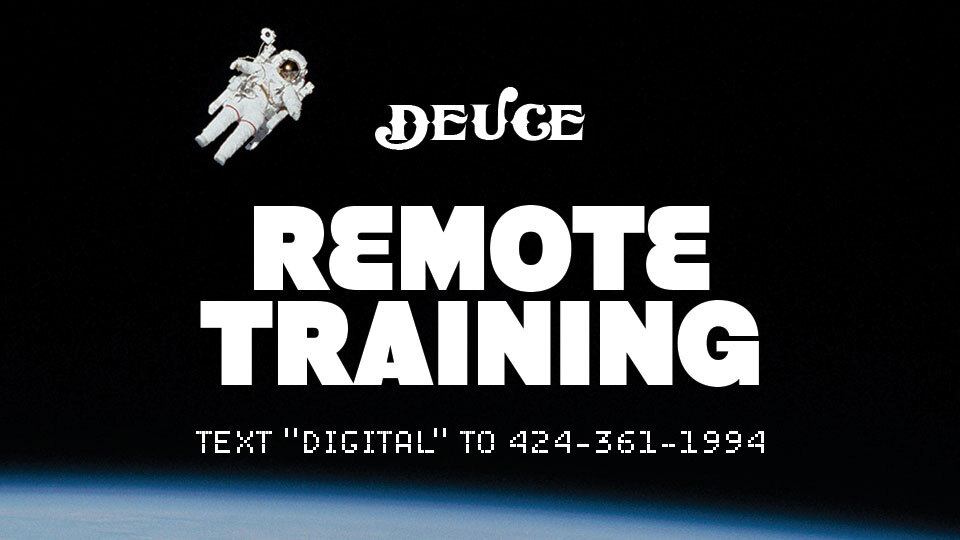As it turns out, games like those on the WSM Casino are more fun than real life. We knew that already though, didn’t we? Well, games aren’t just more fun than real life, they have many qualities that make them a viable model for improving our lives.
As Jane McGonigal notes in her brilliant text, Reality is Broken, games out do “real life” in the following ways:
- Compared to games, reality is too easy. We need more challenges.
- Compared to games, reality is depressing. We need to have optimism and a narrowed focus.
- Compared to games, reality is unproductive. We need clear goals and hands on work.
- Compared to games, reality is hopeless. We can enjoy games without fear of failure and improve our chances of success.
- Compared to games, reality is disconnected. We enjoy forming strong social bonds.
(McGonigal 2011)
Believe it or not, these characteristics aren’t as exaggerated as they first may seem. Think about the most common fitness realities compared to our fitness “game,” in which we keep score, have rules, and introduce obstacles intentionally.
This model doesn’t start and stop with video games or fitness, either. Game theory is being applied all around us from corporate strategy to education. Maybe some elements of games can improve your life.
Think about a small example of an informal social game often played at restaurants:
Participants stack their cell phones on the table and voluntarily enroll in a simple game. The challenge? You can’t remove your cell phone from the stack. The first to do so must pay the bill. Sitting through dinner with your cell phone is easy, unfocused, and if you’re texting, it’s quite unproductive, too. This simple game is harder than reality, but the socially magnified results are enjoyed by the entire group.
Is there room for game play when it comes to chores around the house? Your nutrition? Finances?
Logan Gelbrich
@functionalcoach
3/6/14 WOD
Complete 5 rounds for time of:
10 Toes to Bar
20 Wallballs (20/14)
30 Lateral Jumps (1ct)
200m Run

